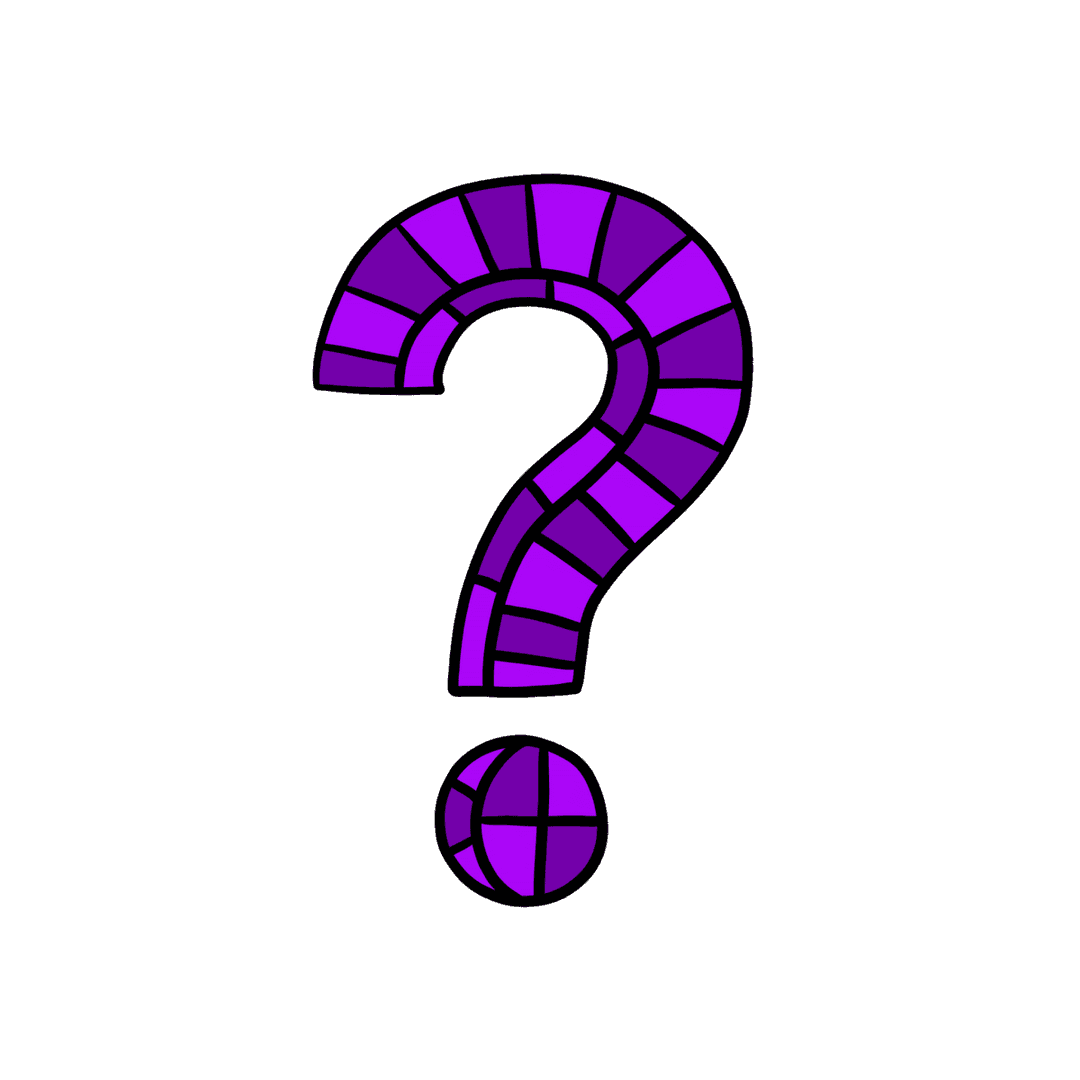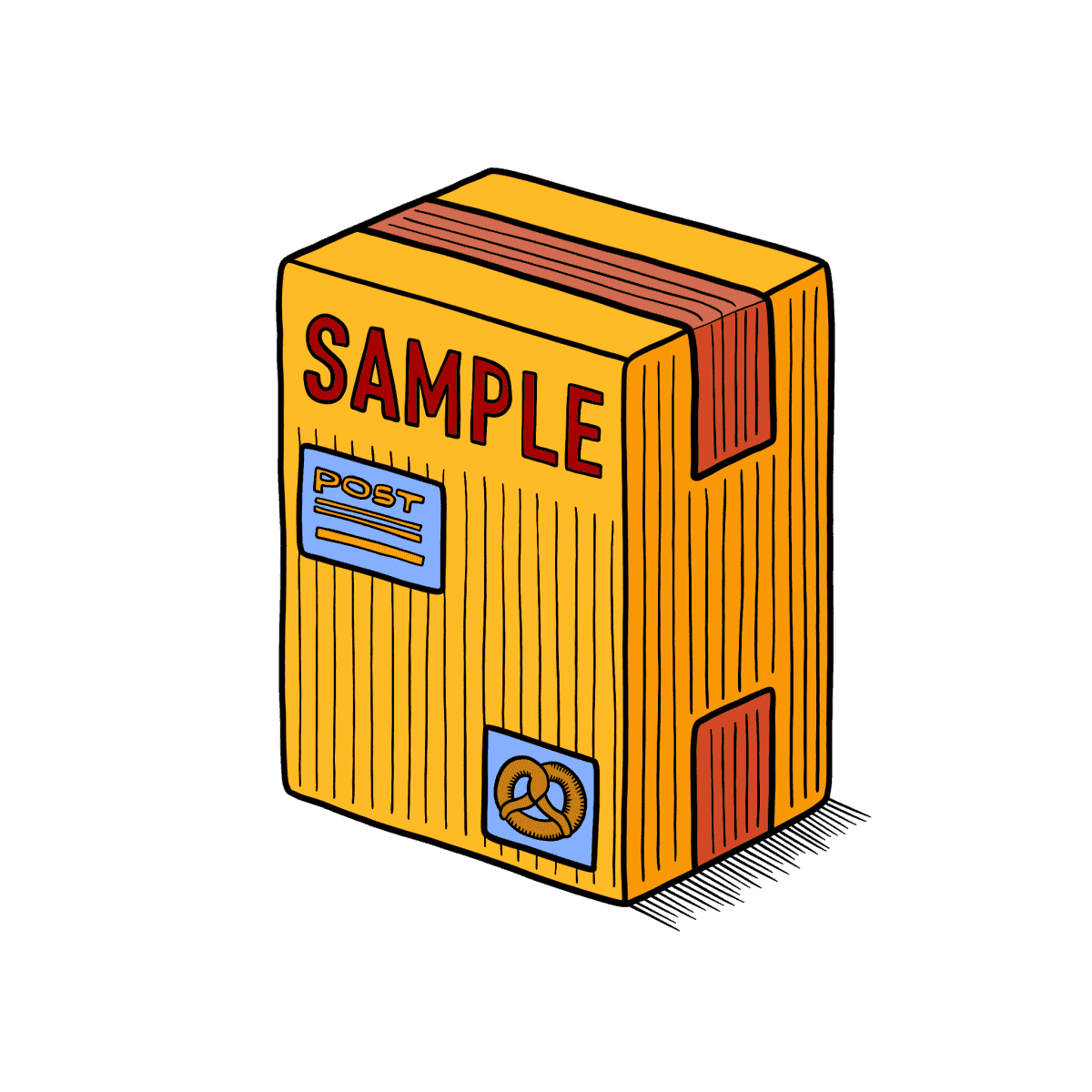Mein vs. Meinen vs. Meiner
The German language can seem a bit daunting, with seemingly endless variations of words that mean similar things. One example of this is the confusion between the words “mein” and “meinen”. So what's the difference?

The difference between mein and meinen lies in their usage as possessive pronouns in German. Mein is used when indicating ownership of a singular masculine or neuter noun in the nominative case. Meinen is used to express ownership in the accusative case.
When learning German, one common source of confusion is the difference between the words mein and meinen. These two words are possessive pronouns used to indicate ownership or possession. However, they are used in different contexts and for different grammatical cases.
Mein vs. Meinen
1. Mein [Possessive Pronoun for Nominative and Accusative Cases]
The word mein is used as a possessive pronoun in the nominative and accusative cases. It is used to indicate possession when the noun it modifies is in the singular and masculine or neuter gender.
In these examples, mein is used to indicate ownership of a singular masculine noun ("Hund") and a singular neuter noun ("Haus").
2. Meinen [Possessive Pronoun for Accusative Case with Plural Nouns]
Please remember that meinen is also a German verb, not to be confused with the possessive pronoun discussed here.
On the other hand, meinen is used as a possessive pronoun in the accusative case, but specifically when modifying plural nouns, regardless of gender.
In these examples, meinen is used to indicate ownership of plural nouns ("Freunden" and "Büchern").
It's important to note that mein and meinen agree in gender and number with the noun they modify. The endings of the possessive pronouns change to match the case and gender of the noun.
Meinen vs. Meiner vs. Meines
Now if you're asking yourself what the difference is between
Summary
To summarize, mein is used as a possessive pronoun for the nominative and accusative cases with singular masculine or neuter nouns. "Meinen" is used as a possessive pronoun for the accusative case with plural nouns, regardless of gender.
Understanding the distinction between mein and meinen can greatly improve your German language skills and ensure accurate communication when expressing ownership or possession.




